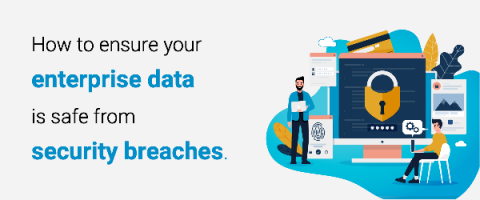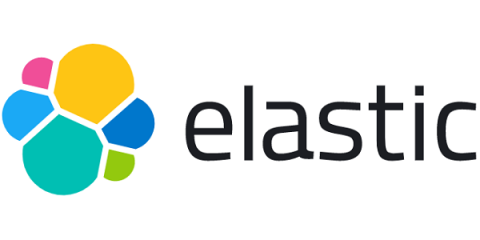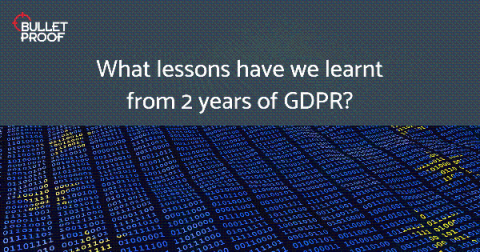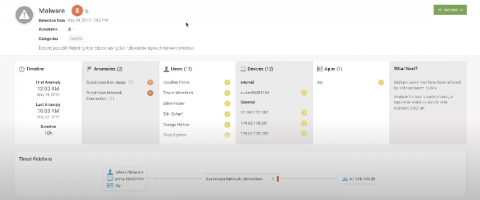The missing link to comprehensive endpoint security
Very few things available online are truly free of cost. If you don’t pay with cash, chances are you are paying with your personal information or other data. The Chrome web store is filled with free extensions that users install on their browsers to enhance their online experience. However, more and more of these extensions are being discovered and removed from the store due to their malicious intent.








